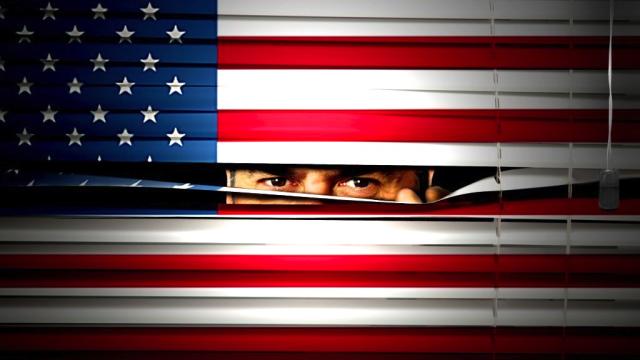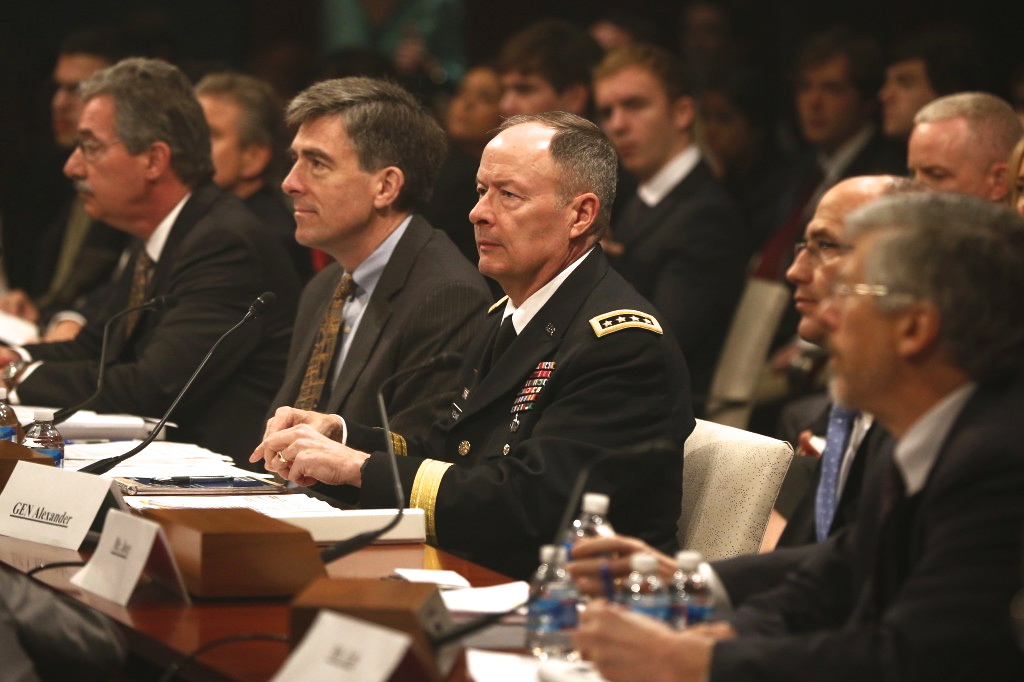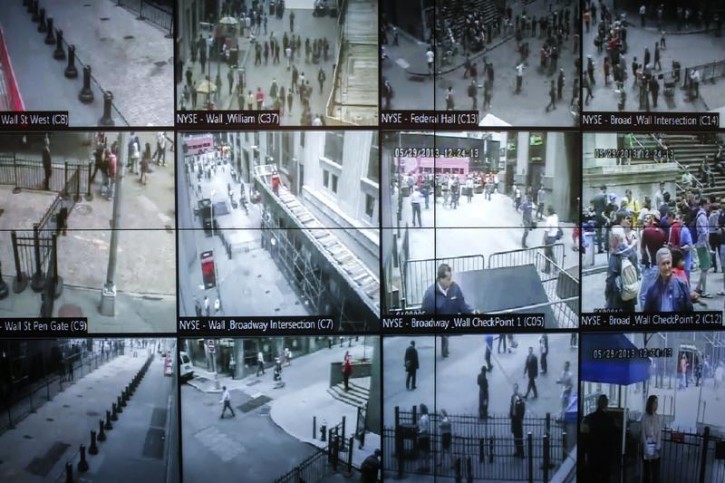
In the frenzy over Edward Snowden’s leak of classified information about government data-mining surveillance, public officials and pundits have tried to lock us into a narrowly defined and diversionary discussion that ignores the most important question we face about terrorism.
Their argument goes something like this: No one wants to die in a terrorist attack. This kind of spying is necessary to prevent terrorist attacks. So, stop whining about how information is being collected, used, and potentially misused—it’s better than dying.
Let me be clear: I do not want to die in a terrorist attack. But before I am bullied into accepting intrusive government surveillance that is open to politicized abuse, I have another question: Are there other ways we could reduce the risk of U.S. citizens, at home or abroad, being targeted by terrorists? Two possibilities come to mind.
First, stop creating new terrorists. Critics of the U.S. invasions of Afghanistan and Iraq have long argued that those destructive conflicts have deepened resentment against the United States. People in those countries who previously had no reason to attack U.S. military personnel or civilians are understandably unhappy with aggressive wars that destroy their homes and kill their people.
For example, in the new book and film “Dirty Wars,” reporter Jeremy Scahill and director Rick Rowley have documented how the U.S. Joint Special Operations Command—our so-called secret warriors—have indeed been killing terrorists, along with pregnant women, children, and lots of other non-combatants, deepening many people’s resentment of the United States. Much of the criticism has focused on the use of drones, not only in Afghanistan but also “secretly” in Pakistan, but Scahill and Rowley show how the whole strategy is misguided.
Second, let’s recognize that it is unlikely that the terrorism of Al Qaeda and others would have happened if not for nearly seven decades of a failed U.S. policy in the Middle East, Central Asia, and the Muslim world more generally. Since the United States filled the imperial void left by the weakening of Great Britain and France after World War II, our Middle East policy has been primarily aimed at maintaining a flow of oil and—just as important—a flow of oil profits that is advantageous to U.S. economic interests, especially as defined by elites.
That doesn’t mean that every single U.S. action in those regions has been evil, or that there has been a single clear policy in every moment. But we have routinely ignored the aspirations of the people of the Middle East in favor of “stability,” which doesn’t translate into stability for people but instead for the interests of those elites. Saddam Hussein was an ally or a monster depending not on the crimes he committed against his own people or threats he posed to other states, but on whether he was in line with U.S. policy. When he killed Iraqi Kurds (about whom U.S. policymakers don’t care much) and Iranians (an official U.S. enemy), that was okay. When he threatened Saudi Arabia (an official U.S. ally, despite that country’s history of human right abuses), we had to destroy him.
People in the Arab and Muslim world pay attention. I may disagree with the politics and theology of many of those who critique U.S. policy, but I can’t argue when they point out U.S. mendacity and hypocrisy.
Imagine that the United States had pursued a different policy in the last half of the 20th century, aiding the struggling movements in the Arab and Muslim world that wanted to expand the scope and freedom and democracy. If we had chosen that path, would we be the targets of terrorists today?
More than a decade after 9/11, the United States political culture still is asking the wrong question (“why do they hate us,” as if our opponents are fueled only by irrational anger) and coming up with the wrong answer (“because we stand for freedom,” as if that has actually been our policy). It’s time for us to grow up, buck up, and face reality. If we want to be safe in the world, we should end the economic, diplomatic, and military policies that give people around the world ample reasons to resent our misuse of power.
When we have done that—when we have narrowed the gap between our self-righteous proclamations of inherent benevolence and the self-serving policies that ignore the aspirations of others—I’ll be happy to talk about how much of my privacy and political freedom I am willing to sacrifice to be safe. But if we were to face our mistakes and change our policies, I’m not sure that conversation will be necessary.
Robert Jensen is a professor in the School of Journalism at the University of Texas at Austin. His latest books are Arguing for Our Lives: A User’s Guide to Constructive Dialogue and We Are All Apocalyptic Now: On the Responsibilities of Teaching, Preaching, Reporting, Writing, and Speaking Out.
3 WAYS TO SHOW YOUR SUPPORT
- Log in to post comments














